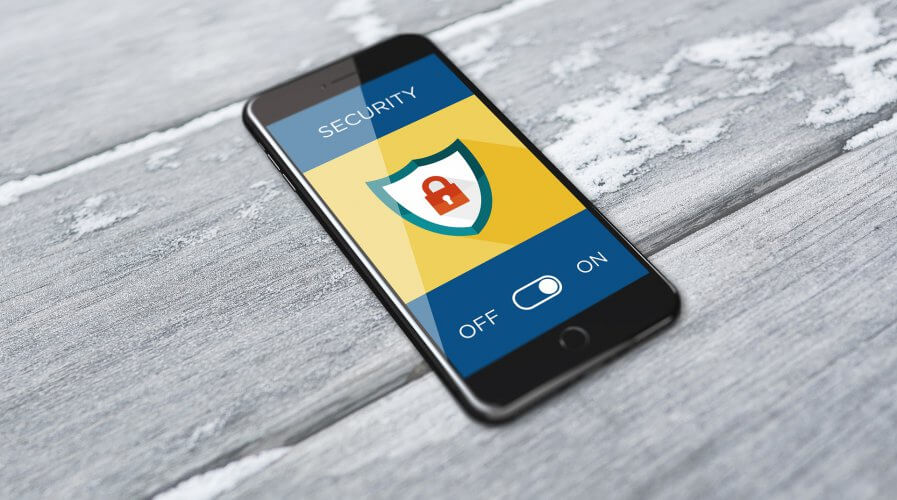
A guide to VPNs for business owners | Source: Pixabay
How VPNs can protect your business from cyberattacks
BUSINESSES, both big and small, are concerned about cybersecurity with the number and types of attacks growing exponentially and making headlines across the world.
And while being targeted by a hacker might seem like a matter of chance, there are steps that a business can take to protect itself. One such measure is the use of a virtual private network (VPN)
Securing your business using a VPN helps you avoid looking like an easy target and is one of the quickest, easiest, and cost-effective ways to guard against passive attacks on your corporate network.
A quick introduction to VPNs
If you’re new to VPNs, think of it as an encrypted tunnel through which your business connects with external networks to exchanges data and information, in a secure manner, irrespective of the connection you use.
This achieves two things:
One, your internet service provider (ISP) can’t spy on you, and by extension, anyone who’s piggybacking on your connection can’t hijack your data.
Two, your IP address is protected, so your connection to peer-to-peer (P2P) networks become more secure.
You can either use a free or a premium VPN, the difference lies in the speed of the connection and the level of security you get.
Sometimes, free VPN providers also tend to use your personal data to customize advertisements for you, which isn’t ideal in a business environment. Hence, investing in a premium VPN is recommended, and is generally the smarter thing to do.
A recent example of how free VPNs can cross lines and benefit from user data can be seen with Facebook’s Onavo Protect.
There are already plenty of news stories on the Internet explaining how it captures user data and how it gives Facebook an advantage. In fact, Gizmodo‘s article even calls it a vampiric VPN service.
Do not, I repeat, do not download Onavo, Facebook's vampiric VPN service https://t.co/5vraIbGvh6 pic.twitter.com/2CcIBZwnmc
— Gizmodo (@Gizmodo) February 13, 2018
Why businesses need VPNs
People often use VPNs to access websites that have geographic restrictions to say watch a video on the Internet available only to people in Europe or the Middle East.
Individuals also use VPNs to sometimes circumvent the restrictions placed by their university’s or employer’s network to access social networking or entertainment sites.
However, as a business, you and your employees need a VPN for more productive reasons:
- Secures communications among members of your staff and with clients and customers
- Protects your data even when your staff is using a free WiFi hotspot in a mall or a cafe
- Safeguards credentials, passwords, and sensitive information when you transact online
- Blocks threats by masking your IP address which is one of the first things needed for a cyberattack
- Allows you to bypass restrictions placed by local ISPs when traveling abroad
Implementing VPN in 3 easy steps
Getting a VPN for your business is really simple. All you need to do is sign-up, install, and activate. That’s all.
So, who do you sign up with? Check out TunnelBear, TorGuard, and NordVPN for starters or look for something else online – a quick search on Google will throw up several results.
While pricing may differ slightly, as a business user, you’re bound to find each solution can comfortably be squeezed within your IT budget for the year even if you didn’t plan ahead for it.
Typically, expect to pay about US$3 to US$6 per user per month on an average; larger teams typically pay less per user compared to smaller ones.
READ MORE
- Ethical AI: The renewed importance of safeguarding data and customer privacy in Generative AI applications
- How Japan balances AI-driven opportunities with cybersecurity needs
- Deploying SASE: Benchmarking your approach
- Insurance everywhere all at once: the digital transformation of the APAC insurance industry
- Google parent Alphabet eyes HubSpot: A potential acquisition shaping the future of CRM






